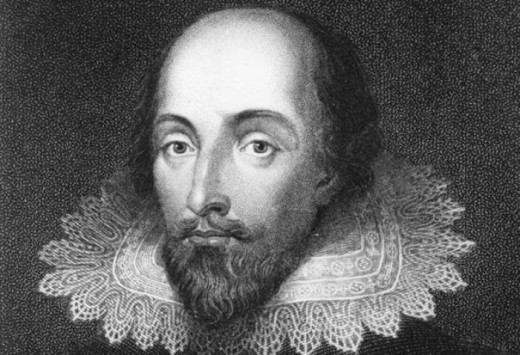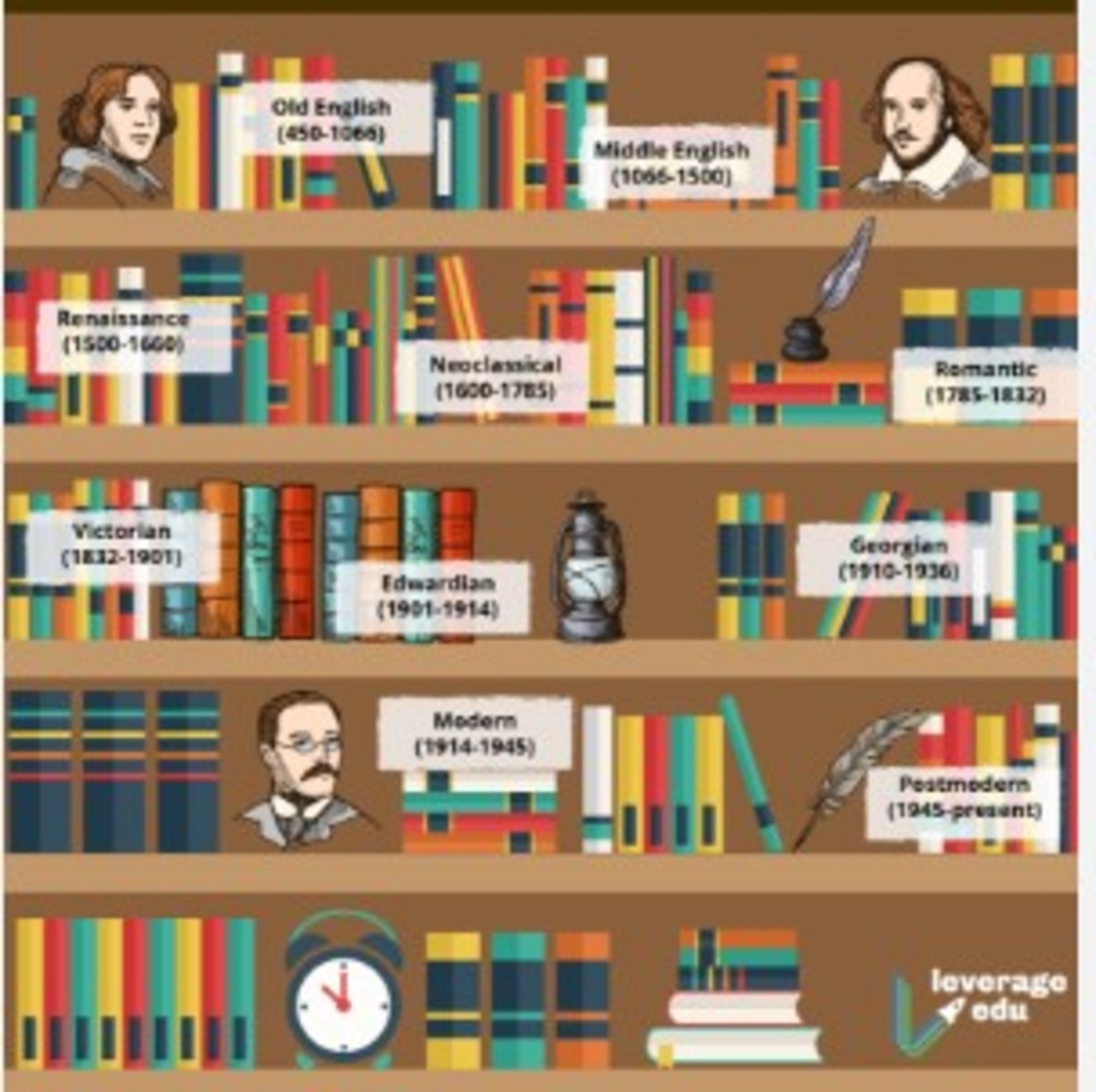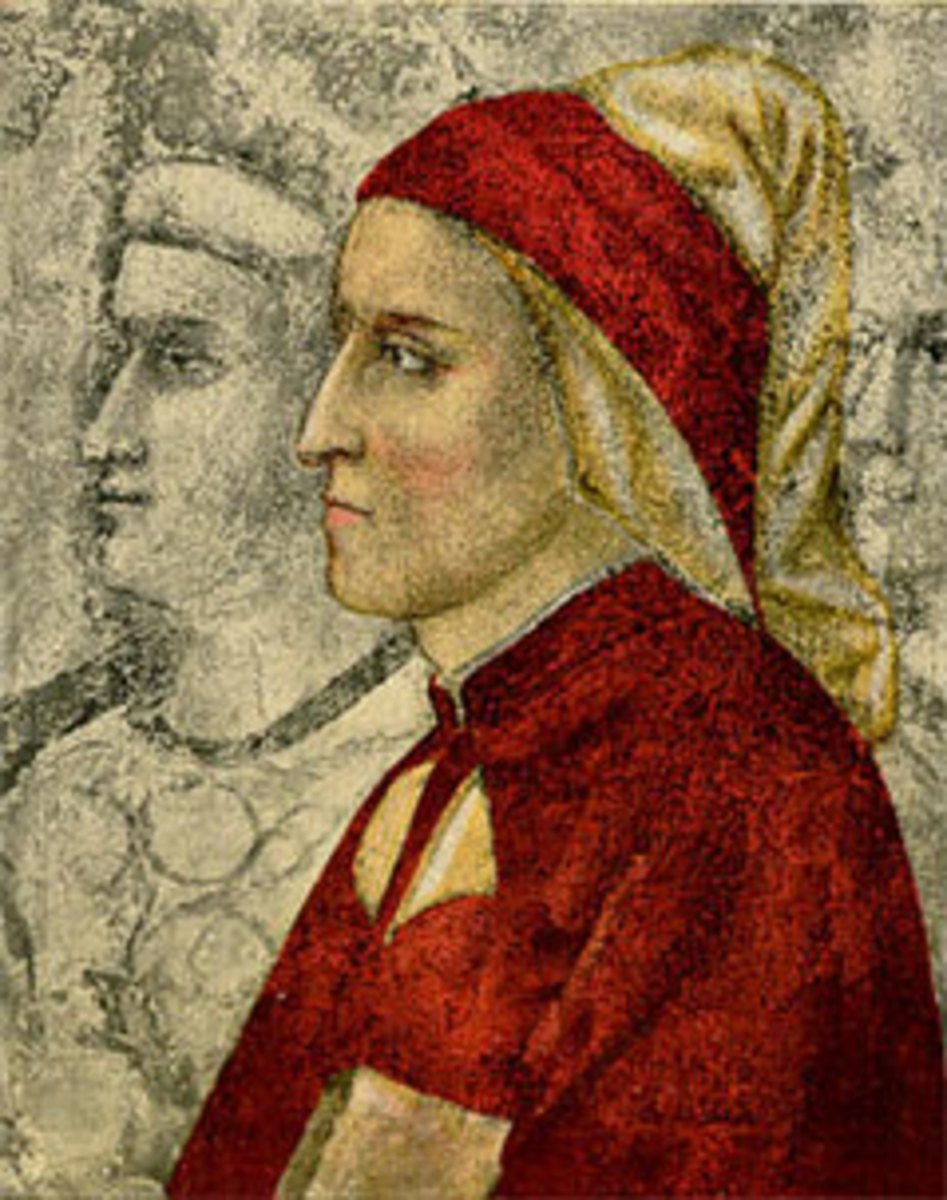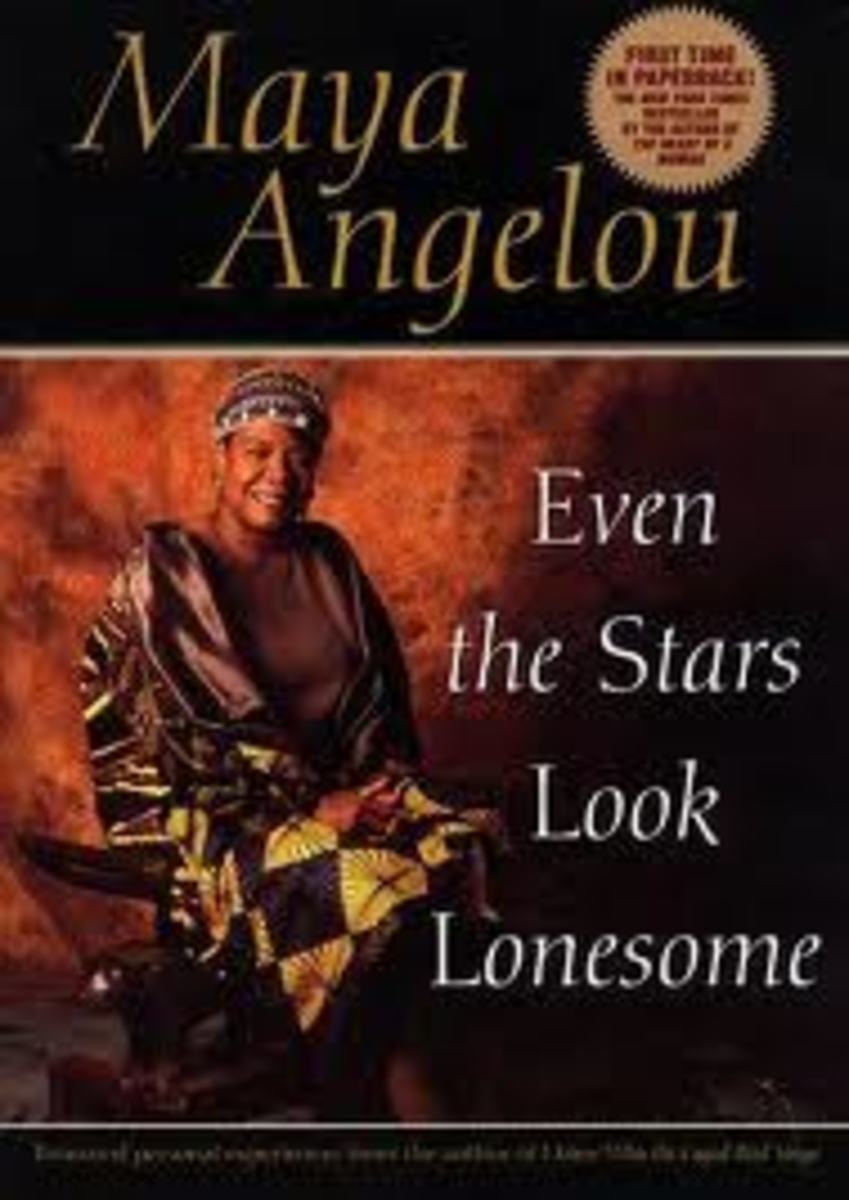Validating Giraldi's View on Adhering to Classical Rules Governing Greek Drama
Introduction
Giraldi was an Italian dramatist and literary critic. He spoke against the classical rules that restricted the writers from expressing their true potential and viewed literature in a historical context, which means that the classical rules of literature do not apply to all ages. After debunking the classical prescriptions concerning literature as laid down by Aristotle, he stated that authors should not limit themselves within the bounds of their predecessors. Giraldi's maverick views paved way for the future non-conformist dramatists and poets who radicalized the world of literature. Many critics such as Ben Johnson and Alexander Pope stressed following the rules the ancients laid down to create sublime literature whereas critics like Dryden and Samuel Johnson emphasized breaking away from the rules in order to create something novel. The debate whether the classical rules stipulated by Greek authors should be followed or should be debunked on the account that modern writers are more knowledgeable than their predecessors and rules only hamper the writers in expressing their true potential, has gained velocity since the time of Renaissance. In my opinion, Giraldi is right when he urges the authors to not limit themselves within the bounds of their predecessors because unless authors do not break away from the constraints of the classical rules and regulations, creating something unique and versatile is not possible. This article aims to validate the point put forth by Giraldi by drawing on the genre Drama and how it evolved.

Authors should not limit their freedom by restricting themselves within the bounds of their predecessors
— Giovanni Battista GiraldiThe Three Unities
Western Drama has its roots in the Greek Drama therefore the rules of Greek drama guided and limited English drama, any play which failed to observe the rules of classical drama was considered low-brow. Aristotle studied the Geek drama in great depth and became a mouthpiece for the Greeks, he enunciated the principles that were followed by Greeks and stated that in order to create dramas that parallel the stature of Greek drama the contemporary dramatists need to obey the rules of Greek Drama, the dramas of ancient times were majorly religious and aimed at inculcating moral values in people. The first and most indispensable rule of Greek drama is “The three unities”, Aristotle stated that a good tragic drama follows the three basic unities of time, place and action, that is a play must have a single action occurring at a single place and within the course of a single revolution of the sun, since Aristotle published this rule in his Poetics, dramatists like Sydney and Johnson have been religiously adhering to these unities but in the Renaissance period many dramatists and critics voiced and supported breaking the rules of the ancients to achieve a greater purpose, one of the best dramatist who veered away from the rules of classical unities at that time was Shakespeare, he is regarded as one of the most successful and influential dramatists to ever exist. For centuries the three classical unities had been revered and critics claimed that three classical unities are necessary for a play to make it more probable and good. However, Shakespeare proved these claims wrong by creating plays that reached the apex of success and fame, if the classical unities are as integral as the critics claim them to be then how come Shakespeare was able to write better tragedies than his counterparts who followed the classical rules. Shakespeare violated all the unities in his plays and created life-like and rich plays, he was attacked by many critics for violating the three unities but many critics like Dryden and Samuel Johnson defended violation of unities. Samuel Johnson who is regarded as the true father of literary criticism, reiterated the stance put forth by Giraldi, he believed that modern writers should not blindly follow the instructions laid down by their predecessors since most of the rules have been formulated without consulting reason or nature. He states that following the classical unities prohibits new experimentation of wit and creativity. Johnson contends unities only put constraints on the creativity of the dramatists and are based on false assumptions. Similarly, Dryden in his dramatic Poesy argues that among all the Dramatists Shakespeare had the most comprehensive soul and he was able to depict life like no one else, the reason Shakespeare was able to create most rich and natural plays was that he did not let the classical rules bound him, he looked inward, into his own humanity instead of looking at the Greek dramas for guidance. Dryden further argues that following unities in dramas may make the play more regular and organized but it will lack variety and richness, he contends that English dramas veer away from unities and are therefore more natural and rich. Dryden explicitly states that modern writers are more knowledgeable than ancient writers, therefore, the modern dramatists should not limit themselves to conform to Greek standards but instead should be creative He explained that the true beauty and success of Drama is to delight the audience, in explaining this aspect Dryden further points out that the ancient dramas lacked variety most of their plays were based on tales derived from Troy or Thebes which were already known to everyone drained the purpose of drama which is to delight, he further claims that when Greeks observed unities they were forced into absurdities (Mambrol, 2017). These are very strong words against the classics which were revered by the dramatists but are true, hence these flaws that permeated the Greek theater allow the moderns to break away from the classical precepts of drama.
Violation of Unities and Number of Acts
There are various aspects that need to be explained in a drama in order to instruct and delight the audience but strictly adhering to the classical unities compromise the many beautiful aspects of a drama because the dramatist is busy in adhering to the rules of classical dramas that he forgets to focus on the content, this is the main reason why Shakespeare was able to create rich and natural plays because he was only focused on creating delightful content, adhering to classical notions was not in his mind, this point is backed by Corneille who says that it is easy to criticize dramatists for not following the classical percepts but if the critics had to create dramas themselves they would realize that how many beautiful things are banished from the stage in order to adhere to classical notions. Corneille suggests that classical rules should be molded to conform to modern requirements. As for the number and unity of acts Corneille asserts that linking scenes and limiting acts to three or five merely provides continuity to action and it is only a beauty not a rule. “Oedipus Rex” By Sophocles was given as an example of ideal tragedy by Aristotle as it followed all three unities, but as time passed the modern dramatists can be seen violating these unities and still creating great dramas, for instance, Shakespeare violates the unity of time in is drama Romeo and Juliet and violates the unity of place in Macbeth, Shakespeare also violates the most revered unity of action in his drama King Lear which has many subplots, the violation of these classical precepts led to the creation of universal and natural plays. Alexander Pope states “Each character in Shakespeare is as much an Individual as those in Life itself; His writings represent the ‘general nature’ because he knows ‘‘Nothing can please many, and please long, but just representations of general nature” (Harold, 1995). If we look at the modern dramas for instance “The Wild Duck” by Ibsen, it can be seen that the play neither adheres to the unities and the protagonist Hjalmar Ekdal is not the traditional tragic hero as mentioned by Aristotle but is just like a normal human with quirks.
Themes Change with Time
A modern man is not concerned with the myths pertaining to Gods and tales of battles which were the content of Greek plays, he has many realistic thoughts like existentialism and Nihilism, it is here where Samuel Beckett steps in with “waiting for Godot” which defies all the rules of dramatic actions and characterization, the play has no story or conflict at all, everything is absurd but with a deeper meaning. Bernard Shaw another modern dramatist rejected the limitations of the classical unities and followed in the footsteps of Shakespeare, his plays lacked conflict which was an essential part of Greek drama, this was considered a serious defect of Shaw’s dramas but the truth is although his dramas lacked physical conflict and violence but contained mental conflict which was the accurate representation of the modern man since the modern man is more submerged in the psychological conflict, these plays are called problem plays and his famous plays displaying such conflicts are “ Widower Houses” and “ Major Barbara” (Gokaj, 2014).
Tragicomedy
If the dramatists do not adhere to the classical rules they will create new and novel things that would enhance the beauty and variety of the most revered genre “Drama”, the evidence of this opinion lies in the creation of tragicomedy by Shakespeare, which violated the Greek precepts of purity of genre and decorum of stage. The major genres of drama that the Greeks flourished were Tragedy and Comedy, and Aristotle stressed on the distinction of both genres stating that tragedy imitates better men and comedy imitates worst men but Shakespeare mixed the two genres and created such characters who mirrored common men since the audience will not relate to the play and feel fear and pity unless they see themselves on the stage. In defense of tragicomedy, Samuel Johnson and Dryden argued that tragicomedy is higher than simple tragedy and comedy because the contrast between joy and pity will cause sharper relief and tragicomedy is more relatable since life is a combination of Joy and sadness. In addition to tragicomedy, many new genres like fantasy dramas, Romance dramas, and Horror dramas have been invented which are now aired on television, these are the gifts of deviating from the classical precepts.
Gender of the Protagonist
Another point that is of importance is the gender and nature of the tragic hero. Usually, the tragic hero as portrayed in the Greek plays is a man but braking away from this classical representation many tragic heroines have been created for instance Hedda Gabbler. Aristotle maintains that a tragic hero must be a man who is exceptionally famous, influential, successful, and virtuous but not particularly good, who possess a tragic flaw or Hamartia that causes his downfall, which evokes feelings of pity and fear in the audience. Many plays deviate from Aristotle's concept of tragedy, or it can be said that Aristotle fails to rightly define tragedy consider the example of Macbeth by Shakespeare, who due to his lust and greed for power kills so many people and meets his tragic end, as Macbeth and his wife slaughter innocent people due to their desire for power so they lose their virtue and become entirely evil therefore does not evoke pity from the spectators and fails to qualify as an Aristotelian tragic hero but some element like Macbeth being noble, successful and good make him an Aristotelian tragic hero. Arthur Miller is one of the most prominent playwrights of the 20th century, he has redefined tragic hero with certain amendments in Aristotle's theory. Miller is one of his essays “Tragedy, and the Common Man" explains in detail the integral characteristics of a tragic hero in a drama which differs from the concept of tragic hero presented by Aristotle, for instance, Miller confronts one of the most crucial element of Aristotle's tragic hero: high social standing or nobility. Miller believes that a common man is as suitable a subject for tragedy as kings are. He further states that as the majority of the people are essentially common so they will not understand or relate to tragedies if they are only about nobleman.
Conclusion
It can be said that to limit oneself within the bounds of the predecessors will deprive the world of many beautiful genres and ways of representation, as with the passage of time authors are becoming more knowledgeable so they should utilize this knowledge to pave new ways. We live in a world that is drastically different from the world the Greeks lived in, hence stories of Gods will not suffice us, we need content we can relate to, and modern age requires modern rules which urges dramatists to break away from classical notions.
References
Gokaj, R. (2014). Some Problematics of Bernard Shaw's drama. European Scientific Journal, 34-40.
Harold, N. (1995). Madness and Drama in the Age of Shakespeare. Comparative Studies in Society and History, 94-99.
Mambrol, N. (2017, November 17th ). Literary Criticism of John Dryden . Retrieved from Literary Theory and Criticism : https://literariness.org/2017/11/17/literary-criticism-of-john-dryden/








